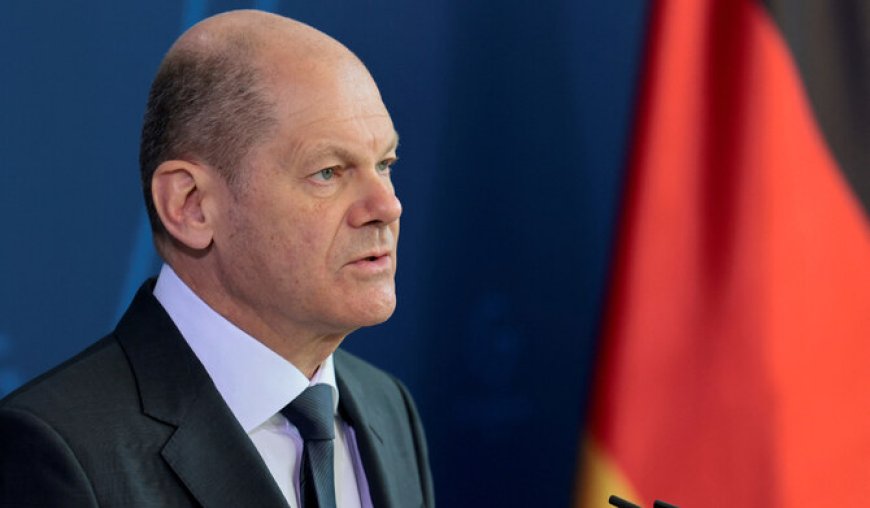Scholz and Erdogan will discuss Middle Eastern conflict and migration in next Istanbul meeting

Rising Middle Eastern tensions and urgent migration concerns have German Chancellor Olaf Scholz scheduled to visit Turkey on October 19, 2024, to have important talks with President Recep Tayyip Erdogan. Scheduled for Istanbul, this conference represents Scholz's first visit to Turkey since March 2022 and falls at a period when ties between the two countries have grown ever more delicate.
Both leaders are scheduled to discuss the continuing battle in Gaza, which started after Hamas unexpectedly attacked Israel on October 7, 2023. The later violence has resulted in a humanitarian disaster; the Health Ministry in Gaza estimates that since the conflict started, over 42,000 deaths—mostly civilian—have occurred. Declaring Israel's military activities in Gaza to be "genocide," Erdogan has been outspoken in his criticism of them. Germany, on the other hand, has kept great support for Israel, defending its right to self-defense and yet advocating moderation in view of the humanitarian cost.
The talks will also cover more general concerns such the situation in Ukraine, which finds Turkey caught in a convoluted geopolitical balancing act between Russia and Ukraine, Black Sea neighbors. Germany has become Kyiv's second most military supporter since Russia's full-scale invasion of Ukraine in 2022; Turkey has sent drones to Ukraine but has not supported Western sanctions on Moscow.
Apart from that, migration policy probably will be a major agenda item. After a string of violent events connected to asylum seekers, Germany has been under more pressure to handle issues of internal security. Berlin recently declared intentions to ramp up deportations of failed Turkish asylum seekers; Turkey promptly denied any official agreement about this approach. Given Germany's estimated 3 million Turkish diaspora, which represents the larger complexity of German-Turkish relations, the delicate nature of immigration debates reflects this as well.
Rising tensions between Germany and Turkey, brought on by German complaints of Erdogan's progressively autocratic rule, further complicate the background of these negotiations. During his trip to Germany last year, Erdogan underlined these tensions when he and Scholz traded sharp comments about the Israel-Gaza conflict.
While both countries negotiate these difficult problems, the forthcoming conference in Istanbul will be crucial in determining their diplomatic and economic ties, especially in view of the continuous crises afflicting Europe and the Middle East. International observers, keen to understand how these two powerful nations would align their positions among increasing global turmoil, would attentively watch the debates.













































